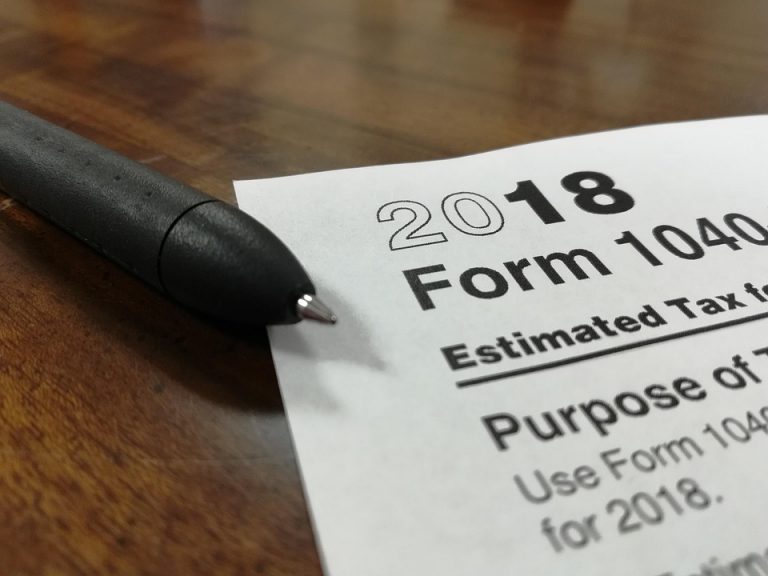
California Employment Tax Forms: What are the DE 9, DE 6, and DE 4 Forms?
*The following article was updated in February 2022*
When it comes to taxes in California, there’s generally a form for every withholding and business transaction. This is especially true for California businesses and employers. I’m often asked which tax forms need to be completed and which ones are required. Here’s a look at three of the most common California tax forms and whether your business should be making sure they’re completed.
What is the DE 9 Form?
The Quarterly Contribution Return and Report of Wages – or DE 9 Form – is a form required of all employers by the California Employment Development Department (EDD). According to the EDD, the DE 9 Form reconciles reported wages and paid taxes for each quarter. Employers are required to file the DE 9 form each quarter. If the DE 9 shows an overpayment, the EDD will send you a refund automatically. If taxes are due, payment should be submitted with a Payroll Tax Deposit (DE 88 Form). Employers can file the DE 9 Form electronically or via paper.
What is the DE 6 Form?
The DE 6 Form is the Quarterly Wage and Withholding Report, which is a required report that must be completed by California employers on a quarterly basis. In this form, business owners report individual employees’ wages, personal income tax (PIT) withholdings, and the amount of California personal income tax that was withheld from their pay. Employers must mail the DE 6 Form to the EDD by the end of the month following the end of each quarter (i.e. January, April, July, and October).
What is the DE 4 Form?
The DE 4 Form is often referred to as the California Personal Income Tax (PIT) withholding form. This is the document that is used to determine the amount of taxes to be withheld from an employee’s paycheck. All employees are required to complete the DE 4, and employers are responsible for ensuring those taxes are withheld correctly.
The DE 4 Form is often associated with Form W-4, which is the federal Internal Revenue Service tax form that an employee completes indicating their tax withholdings for their employer.
California and its tax forms can be confusing for taxpayers and employers. If you own a business in California and have employees, you’ll need to make sure you are completing the DE 9, DE 6, and DE 4 forms accurately. To avoid mistakes or costly penalties, it’s best to contact a tax professional or an experienced tax attorney.
Allison Soares is a partner and tax attorney at Vanst Law. It doesn’t matter the issue: audits, collections, appeals, international disclosures, grumpy people— Allison enjoys fixing problems. In addition to her legal work, she has worked in accounting and utilizes that knowledge to her advantage while handling cases involving EDD audits.

